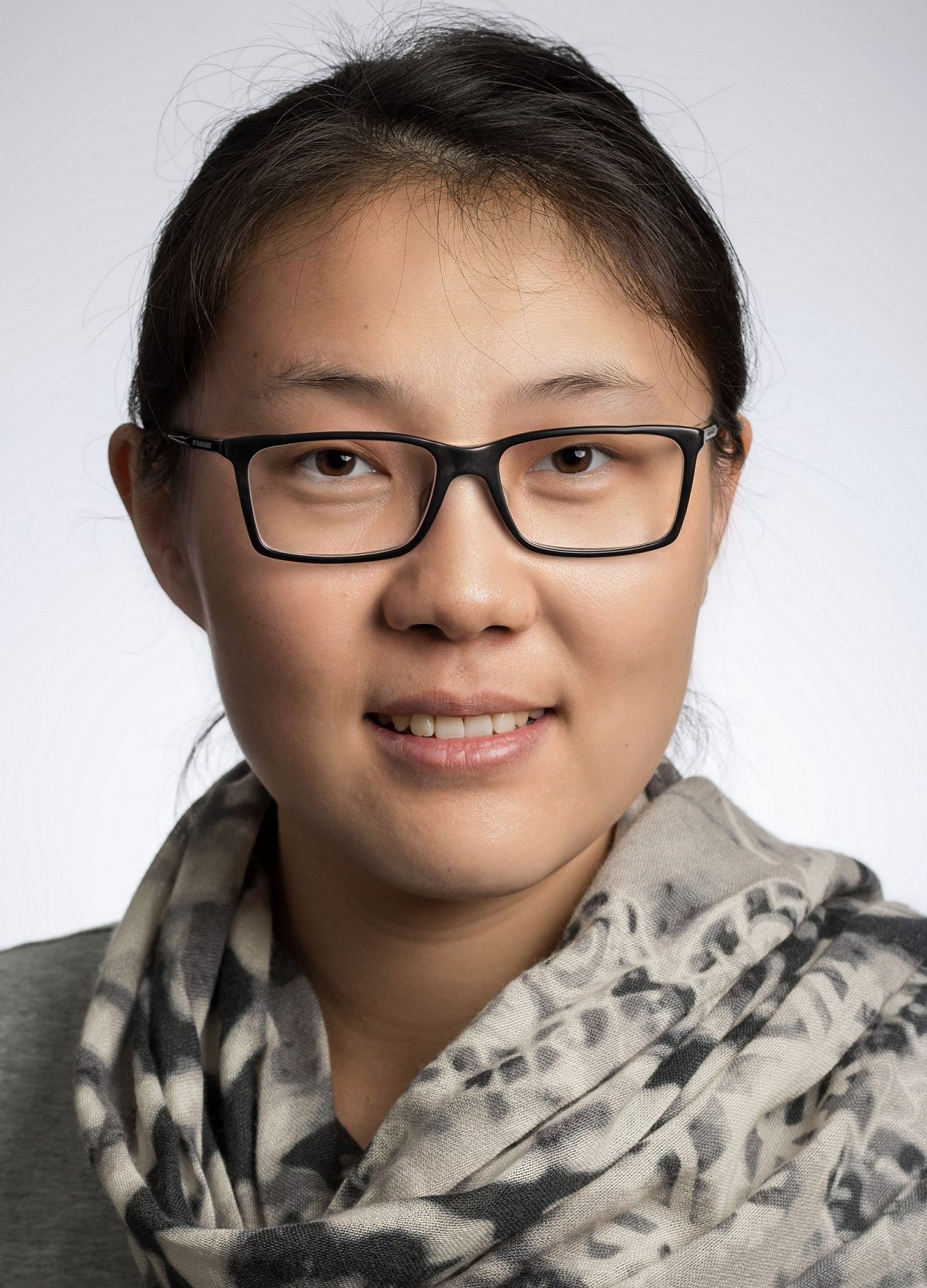Dr Qianqian Yang,
Queensland University of Technology
Numerical methods for solving space-fractional reaction-diffusion equations
Course Outline
Fractional differential equations have been increasingly used as a powerful tool to model the non-locality and spatial heterogeneity inherent in many real-world problems. The booming popularity of fractional models has stimulated demand for efficient solution techniques which can provide rapid insight and visualisation into solution behaviours. It is well-known that analytical solutions are available only for some special, simple (usually linear) fractional models. To solve more general fractional models (either linear or nonlinear), numerical solution techniques are preferred.
A constant challenge faced by researchers in this area is the high computational expense of obtaining numerical solutions to fractional differential equations, owing to the non-local nature of fractional derivatives. The search for high-efficiency numerical methods that can significantly reduce the amount of computational time has become a new trend in the literature.
Preconditioning and Krylov subspace techniques have been a common theme in this context, with authors seeking to reduce the cost of solving the (typically dense) linear systems or matrix function equations that arise from spatial discretisations of fractional differential equations.
In these lectures, we will learn together how to solve space-fractional reaction-diffusion equations using an efficiently preconditioned Lanczos method.
Pre-requisites
No pre-requisites noted currently.
Pre-reading and Lecture Notes
Q. Yang, I. Turner, T. Moroney, F. Liu. A finite volume scheme with preconditioned Lanczos method for two-dimensional space-fractional reaction–diffusion equations. Applied Mathematical Modelling. 38, p3755-3762, 2014.
Q. Yang, I. Turner, F. Liu, M. Ilic. Novel numerical methods for solving the time-space fractional diffusion equation in two dimensions. SIAM J. SCI. COMPUT. 33(3), p1159-1180, 2011.

Dr Qianqian Yang,
Queensland University of Technology
Dr Yang received her PhD in computational mathematics at QUT in 2010 for her thesis entitled ‘Novel analytical and numerical methods for solving fractional dynamical systems’. After completion of her PhD, Dr Yang now works as a Lecturer in the School of Mathematical Sciences, QUT and she enjoys teaching first- and second-year undergraduate computational mathematics. Her main research interests are to investigate the efficient methods for solving fractional order partial differential equations and to explore the exciting applications of fractional order models. Dr Yang received her ARC Discovery Early Career Research Award in 2015 to work on New Mathematical Models for Capturing Heterogeneity of Human Brain Tissue using MRI data. In 2019, Dr Yang and collaborators received another ARC Discovery Project Grant to work on Fractional Dynamic Models for MRI to Probe Tissue Microstructure.
